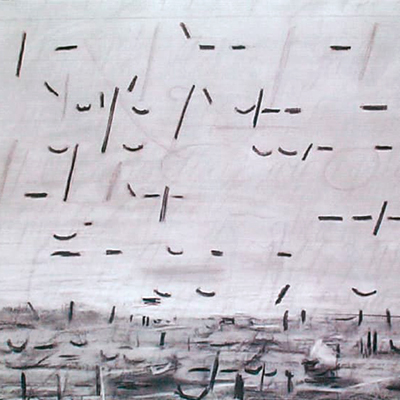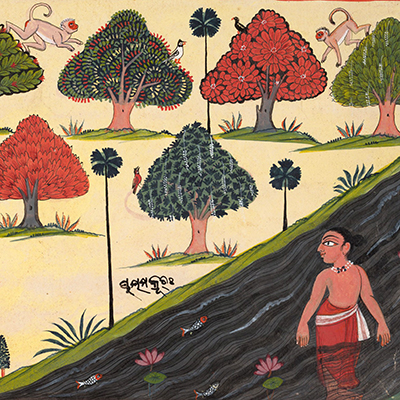
An Archaeology of Catastrophe
The Commonwealth Club of California and the Townsend Center present a series of dialogues on catastrophe and storytelling.
James Porter (UC Berkeley Classics and Rhetoric) talks with poet Gillian Conoley about how disaster and catastrophe have found narrative expression from Ancient Greece to the present day.
The Western tradition is founded on violent catastrophe, and the wounds of this history are deeply embedded in its cultural memory. Homer's epic poems, the Iliad and the Odyssey, commemorate a war that led to the capture and obliteration of an ancient city called Troy. Looming behind Troy lies a much larger catastrophe — the massive systems collapse that swept across the Aegean and Mediterranean East around 1200 BCE, throwing Bronze Age civilizations into a prehistoric Dark Age for half a millennium.
By encoding this trauma in their narrative form and substance, Homer's epics complicate our understanding of these poems as celebrations of heroic glory. In their conversation, Porter and Conoley unravel some of the mysteries that haunt Homeric Troy, and they end by asking what it means to live with our own massive systems collapse today.
